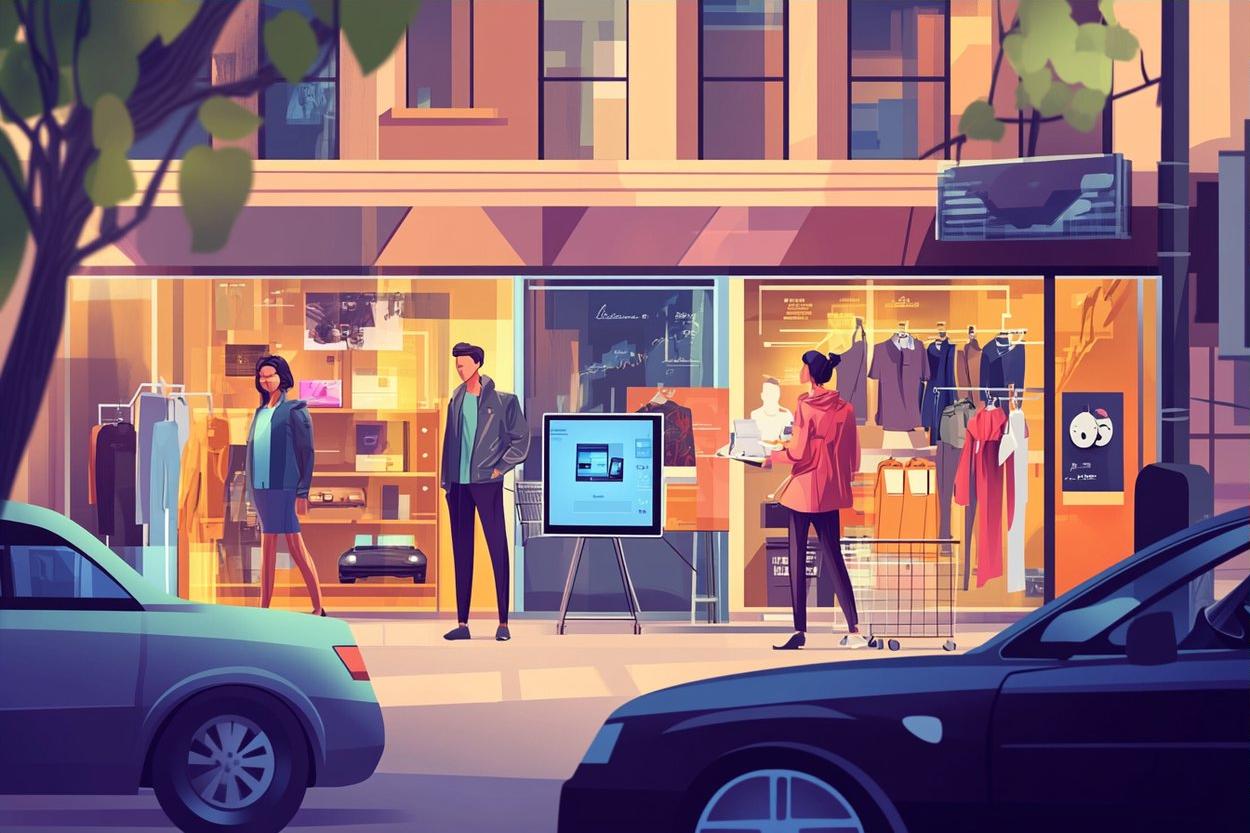South Korea's Garage Sale Boom: A Growing Secondhand Culture
Garage sales are rapidly gaining traction across South Korea as urban residents embrace secondhand shopping and sustainable consumption. Discover how digital tools, neighborhood events, and changing attitudes are reshaping local commerce, building community ties, and extending the lifecycle of goods in Korea's cities.

South Korea is witnessing a notable shift in how many people shop. Once seen as predominantly a Western pastime, garage sales have been adapted into urban Korean life and are transforming consumer habits. Blending affordability, sustainability, and social connection, these events are reshaping perceptions of used goods and creating an alternative retail scene in cities dominated by department stores and polished shopping districts.
How garage sales contrast with conventional retail
Garage sales in South Korea offer a markedly different experience from the country’s polished retail landscape. Whereas department stores and specialty boutiques emphasize newness, branding, and curated displays, garage sales favor intimacy, bargaining, and discovery. Vendors bring gently worn clothing, household items, books, toys, and small electronics to pop-up sales, often pricing items far below retail to encourage turnover and reuse. The atmosphere is personal and low-pressure: buyers can inspect, negotiate, and take away items immediately, while sellers reclaim space and recover modest value from belongings they no longer need.
This informal marketplace appeals to a wide range of shoppers. Students and young professionals looking to economize find bargains on wardrobe staples and home essentials. Families discover affordable toys and household goods. Collectors and vintage seekers can stumble upon unique finds at flea market-style events. The result is a retail option that emphasizes practicality, savings, and circular use rather than the new-product focus of traditional stores.
Digital tools reshaping secondhand buying
Technology is playing a central role in modernizing the garage sale model for tech-savvy Korean consumers. Organizers routinely advertise events through social media, messaging apps, and dedicated resale platforms, posting photos and short descriptions so buyers can preview stock before attending. These digital previews cut down on aimless browsing, help sellers gauge interest, and drive turnout to physical sales.
Mobile apps and online communities also streamline logistics: event maps, time slots, and payment options are commonly shared in advance. Some sellers even offer digital payment methods at in-person events, reducing reliance on cash. This fusion of online and offline channels keeps the spontaneity of a neighborhood sale while providing the convenience and reach of digital listings, making secondhand shopping both accessible and modern.
Strengthening neighborhoods through local sales
Beyond transactional benefits, garage sales in South Korea increasingly function as community-building gatherings. Organizers often enrich events with food stalls, activities for children, and cultural performances, turning a simple sale into a local festival that draws neighbors together. These occasions foster casual interaction among residents who might otherwise rarely meet, helping to repair the social fabric of dense urban neighborhoods.
Apartment complex sales, community center events, and larger flea markets create spaces for sharing stories and skills as much as goods. Older residents may pass down items with personal histories; young adults contribute affordable styles; community groups and charities sometimes coordinate sales to fund local projects. The inclusive, social nature of these events enhances civic participation and encourages more communal stewardship of shared spaces.
Environmental upsides and promoting sustainable habits
A major driver behind the garage sale trend is environmental awareness. Selling and buying secondhand extends the useful life of consumer goods, reduces the demand for new production, and diverts items from landfills. For urban residents facing limited storage and rapid consumption cycles, resale offers a practical way to minimize waste.
The ripple effects are meaningful: when more people participate in reuse economies, manufacturers and retailers may face pressure to design longer-lasting products, while consumers develop habits that prioritize repair, repurposing, and mindful purchasing. Garage sales can serve as entry points into broader sustainable practices, normalizing the idea that pre-owned items can be desirable, functional, and stylish.
| Event Type | Average Item Price Range (KRW) | Typical Items Found |
|---|---|---|
| Community Center Sales | 1,000 - 30,000 | Clothing, Books, Toys |
| Apartment Complex Sales | 5,000 - 50,000 | Furniture, Electronics, Housewares |
| Flea Market Style Events | 2,000 - 100,000 | Vintage Items, Collectibles, Crafts |
Prices, rates, or cost estimates mentioned in this article are based on the latest available information but may change over time. Independent research is advised before making financial decisions.
The rise of garage sales in South Korea is more than a passing trend: it represents a cultural adaptation that blends thrift, technology, and social connection. These grassroots marketplaces provide affordable alternatives to mainstream retail, create opportunities for neighborhood interaction, and support more sustainable consumption patterns. As they continue to evolve, garage sales may help reshape expectations around ownership and waste, showing how a familiar concept can be reimagined to suit local needs while advancing both community resilience and environmental responsibility.





